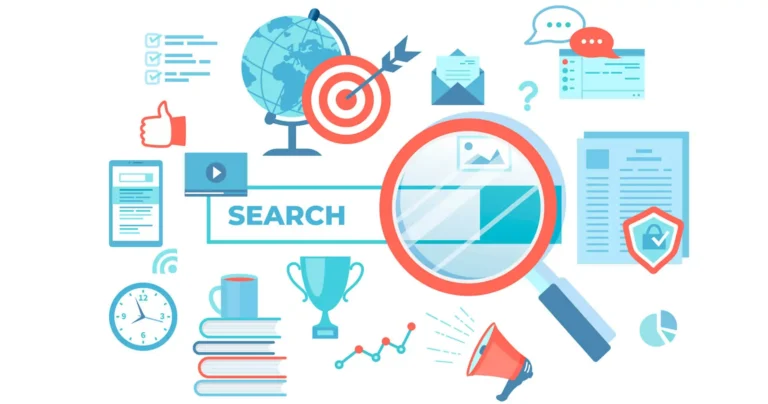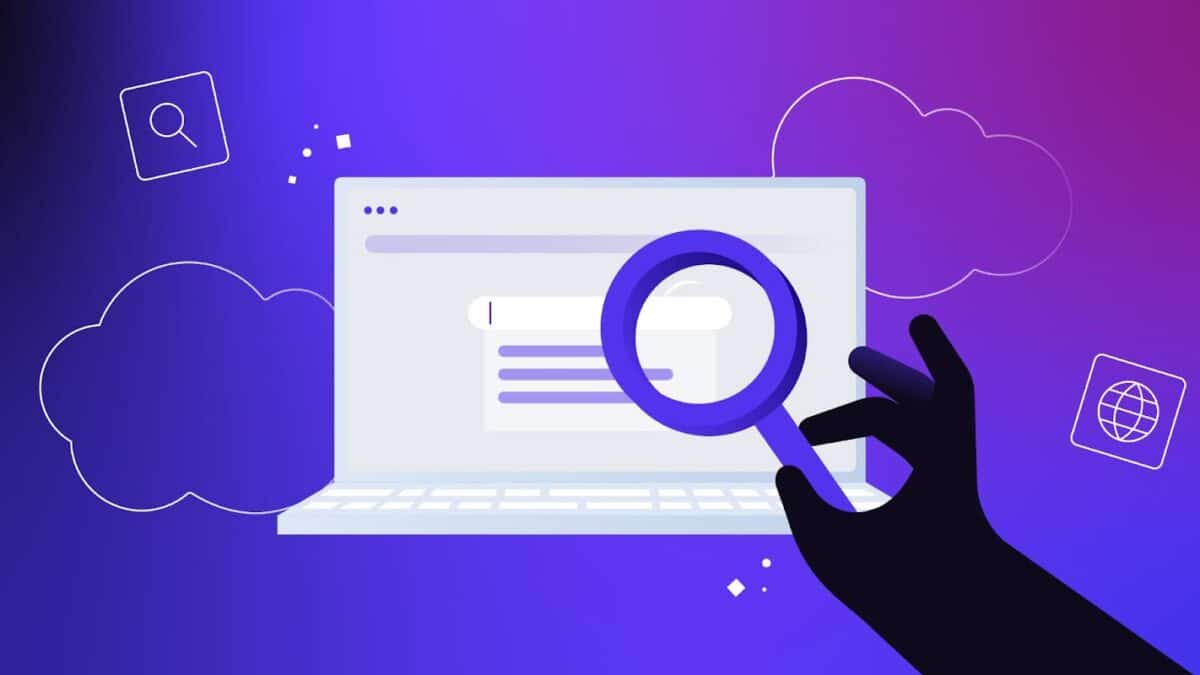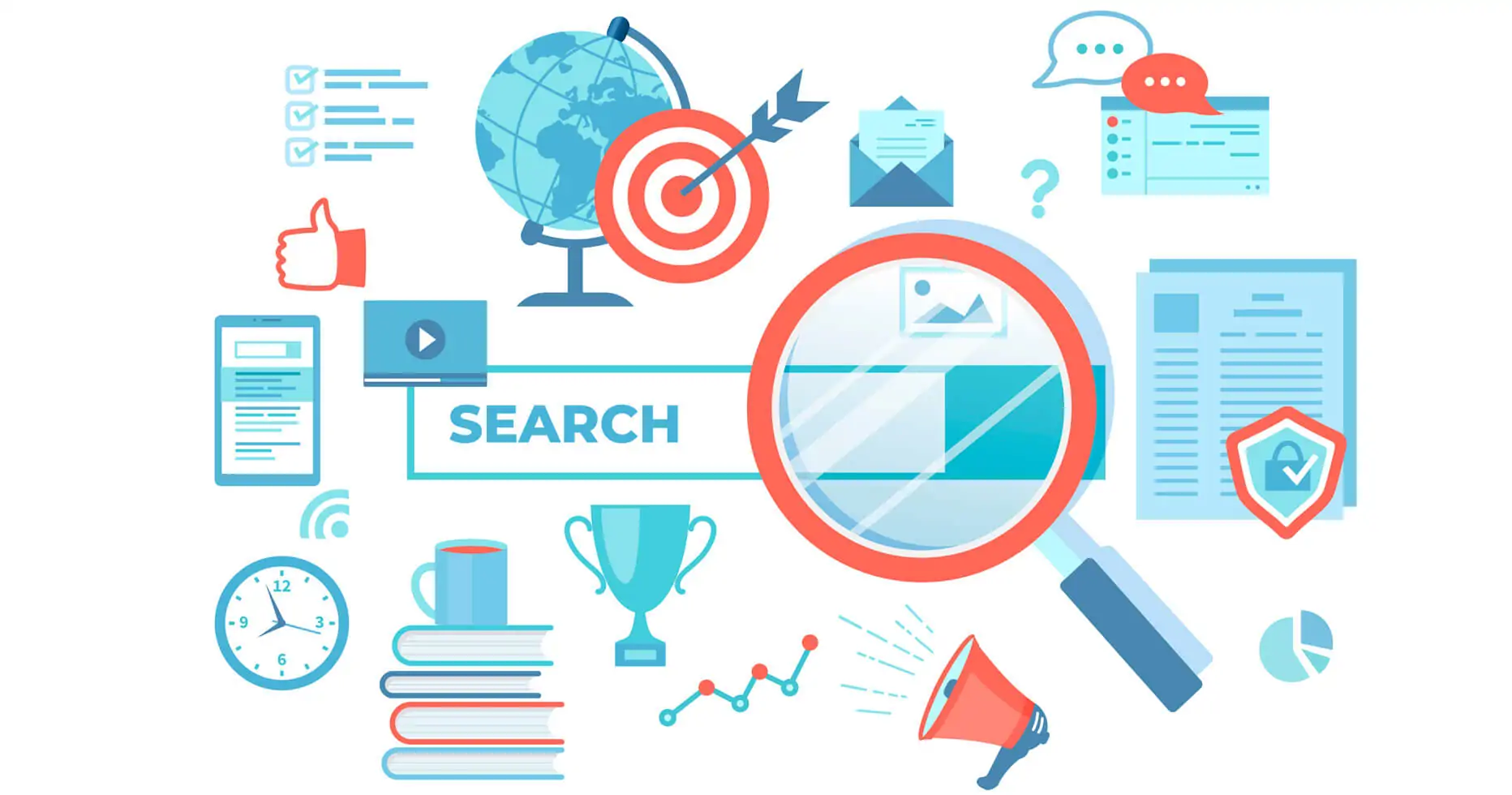What Is SEO and Why Does It Matter?
If you’ve ever wondered why certain websites pop up on the first page of search results while others are buried in oblivion, that’s the magic of SEO. Search Engine Optimization, or SEO, is the lifeline of digital marketing, ensuring the right eyes find your website. Whether you’re launching a blog, an e-commerce site, or working on client projects, understanding SEO can make or break your online presence. But where do you begin? Start Learning SEO today—no need to be a tech wizard to master the basics and unlock your website’s potential!
Understanding the Basics of SEO
At its core, SEO is all about ensuring that search engines (think Google, Bing, or Yahoo) can easily find, understand, and recommend your content to users. It involves optimizing your website, content, and links so that you rank higher when people search for relevant terms. The higher you rank, the more likely it is that someone will click on your link.
Imagine walking into a crowded room full of people talking about the same thing. How do you stand out? SEO is your megaphone, helping your voice cut through the noise. It’s what makes your website visible to those who are looking for what you offer. And trust me, the more visible you are, the better your chances of success.
How SEO Impacts Your Website’s Success
A well-optimized website can be the difference between a thriving business and one that never gets off the ground. SEO helps drive organic (non-paid) traffic to your site, which is the most valuable type of traffic. These are visitors genuinely interested in what you’re offering.
Without proper SEO, even the most visually stunning website can go unnoticed. Start Learning SEO to unlock the behind-the-scenes power that boosts your website’s authority and encourages search engines to promote your content.
Common SEO Terms Every Beginner Should Know
Don’t worry, SEO terminology isn’t as complicated as it sounds. Here are a few key terms you should know:
- Keywords: The search terms people use to find your site.
- Backlinks: Links from other sites that point to your content.
- Meta Descriptions: The little snippets of text that show up under your link in search results.
- SERPs: Stands for Search Engine Results Pages – the pages you want to rank on.
Key Steps to Start Learning SEO
Mastering SEO Fundamentals
Before jumping into the deep end, Start Learning SEO by understanding its basic principles. Explore topics like keyword research, on-page SEO (optimizing individual pages), and off-page SEO (building backlinks and improving your site’s authority).
There are tons of beginner-friendly resources out there to help you grasp these concepts. Think of SEO as a puzzle—each piece builds upon the other until you have a full picture.
Exploring Free and Paid SEO Resources
You don’t need to invest in expensive courses to get started with SEO. There are plenty of free tools and guides available online, such as Google’s own SEO Starter Guide, YouTube tutorials, and blog posts. But if you’re ready to dig deeper, platforms like Moz, SEMrush, and Ahrefs offer comprehensive paid options that can accelerate your learning.
Building Hands-On Experience Through Practice
The best way to learn SEO? Practice. Choose a small project—whether it’s your personal blog or a side hustle—and start applying SEO techniques. Tweak your content, monitor your rankings, and see how your adjustments affect your visibility. SEO is a trial-and-error game, so don’t be afraid to get your hands dirty.
Essential SEO Tools for Beginners
Keyword Research Tools You Should Know
SEO starts with understanding what people are searching for, and that’s where keyword research comes in. Tools like Google Keyword Planner, Ubersuggest, and Moz’s Keyword Explorer help you find the right terms to target in your content. Using these tools will give you insight into search volume, competition, and variations of keywords.
Analytics Platforms to Track Your SEO Progress
Once your SEO efforts are in motion, you’ll want to track your progress. Google Analytics is a must-have tool to monitor your traffic, see how visitors are finding your site, and track conversions. Combine that with Google Search Console, which shows you what keywords are driving people to your site, and you’re off to a great start.
On-Page Optimization Tools for Effective SEO
On-page SEO refers to optimizing individual web pages to rank higher. Tools like Yoast SEO (a plugin for WordPress) and Rank Math help ensure your content is optimized for search engines. They’ll give you suggestions on how to improve your use of keywords, meta descriptions, and internal linking.
Building a Long-Term SEO Strategy
Staying Updated with SEO Trends and Algorithms
SEO is an ever-changing game. What works today might not work tomorrow, so it’s crucial to stay informed about algorithm updates and trends. Following industry experts like Neil Patel, Moz, and Search Engine Journal will keep you in the loop.
Tracking Results and Continuous Learning
SEO is not a set-it-and-forget-it strategy. You’ll need to constantly monitor your results and adjust your tactics. Regularly check your analytics, experiment with new strategies, and continue learning. SEO is a long-term game, but with persistence, you’ll see results.
Your SEO Journey Begins Here
SEO doesn’t have to be overwhelming! Start with the basics, use the right tools, and practice consistently. With dedication, you’ll be optimizing like a pro in no time. Need a boost to get there faster? Let ML Digital Marketing guide you! Contact us today for expert SEO support and elevate your website’s performance to new heights!
FAQs
1. How long does it take to learn SEO?
The time it takes to learn SEO varies depending on your prior knowledge and how much time you dedicate to it. On average, it can take anywhere from 3 to 6 months to grasp the basics, but mastering advanced techniques may take a year or more of consistent practice.
2. Do I need coding skills to learn SEO?
While having basic HTML knowledge can be helpful, it’s not a requirement for learning SEO. Many SEO tasks can be performed using tools and content management systems without needing to write code.
3. Can I learn SEO for free?
Yes, there are plenty of free resources available online, such as blog posts, video tutorials, and SEO guides. However, investing in paid courses or tools can accelerate your learning and provide more in-depth knowledge.
4. What are the most important SEO ranking factors?
The most important ranking factors include high-quality content, backlinks, user experience (UX), page speed, mobile-friendliness, and proper keyword optimization. Focusing on these areas will improve your site’s search engine ranking.
5. How can I keep up with changes in SEO trends?
SEO is constantly evolving. To stay updated, follow industry blogs, subscribe to SEO newsletters, and attend webinars or conferences. Platforms like Moz, Search Engine Journal, and Google’s updates are great sources for staying informed.








